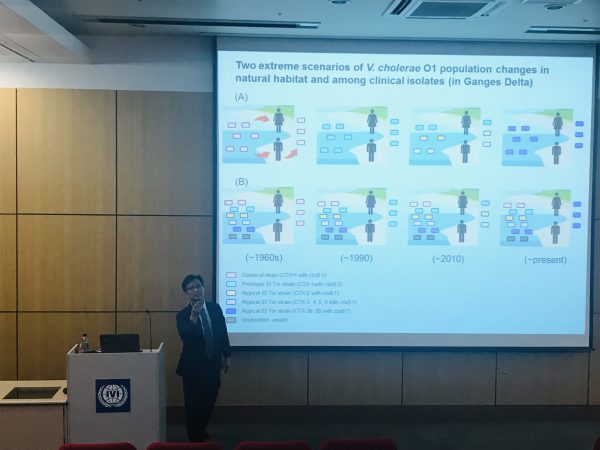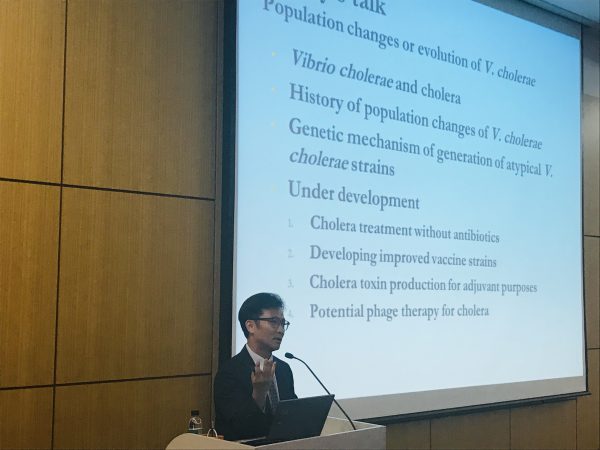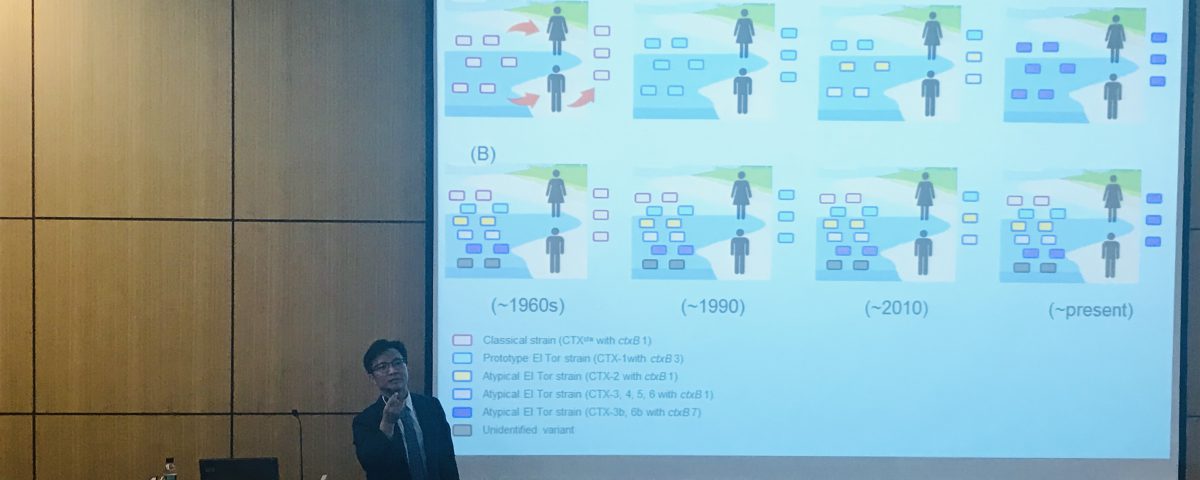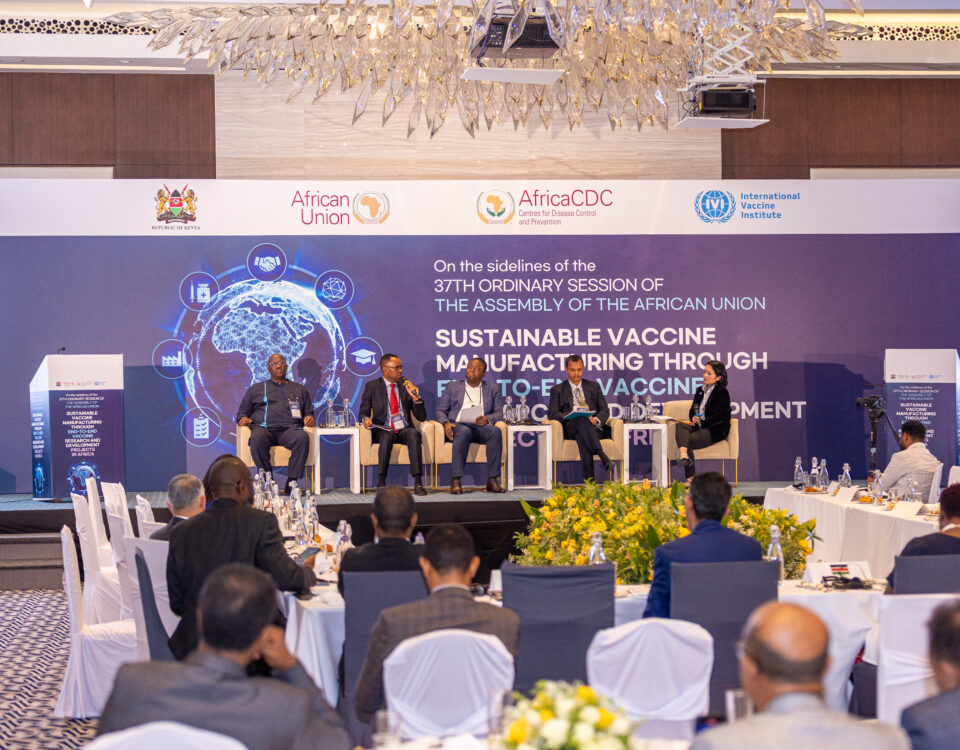
Dr. Dong Wook Kim
August 23, SEOUL, South Korea. In our seminar series ‘Present and Future of Vaccine Development’, we were happy to welcome our latest speaker: Dr. Dong Wook Kim from the Department of Pharmacy at Hanyang University. Based upon their insight into the genetic alterations in Vibrio cholerae strains, Dr. Kim and his team have been developing strategies to fight against cholera by using genetic engineering tools. During the seminar, they introduced and discussed the current progress in their laboratory.
Please find the complete abstract below.
Abstract: Genetic Engineering of Vibrio cholerae strains to fight against cholera
O1 serogroup Vibrio cholerae has been classified into two biotypes, the classical and the El Tor biotype. Both biotypes of bacteria cause the life-threatening diarrheal disease, cholera, by producing cholera toxin, CT. Among the seven cholera pandemics that have been recognized since the early 19th century, the first 6 cholera pandemics were caused by classical biotype strains, while the El Tor biotype strains have caused the currently ongoing 7th pandemic that started in 1961. Since the emergence of the El Tor biotype strains, the classical biotype strains have not been isolated among clinical isolates. However, this population change of V. cholerae was not the result of a single event, but rather a series of events.
V. cholerae population has changed at least twice in the 20th century, globally. The first change involved mutation of the classical biotype strains to prototype El Tor biotype strains in the 1960s. The second change took the form of further progression from prototype El Tor biotype strains into atypical El Tor strains in the 1990s. We have studied the causes and mechanisms of the population changes in V. cholerae strains and have identified a number of genetic alterations that may have affected the population changes.
Recently, Dr. Kim and his team have been developing strategies to fight against cholera by using genetic engineering tools. The current laboratory developments include: 1) cholera treatment without antibiotics, 2) developing improved vaccine strains, 3) cholera toxin production for adjuvant purposes, and 4) a potential phage therapy for cholera.

Dr. Dong Wook Kim





